Compost fires
Lloyd
16 years ago
Related Stories

GARDENING GUIDESGet on a Composting Kick (Hello, Free Fertilizer!)
Quit shelling out for pricey substitutes that aren’t even as good. Here’s how to give your soil the best while lightening your trash load
Full Story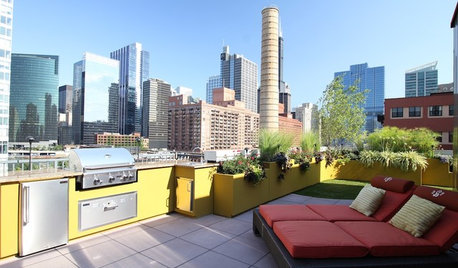
Easy Green: Fire Up an Ecofriendly Barbecue
Lose the paper plates — and the guilt — with these tips for barbecues and outdoor parties that are kinder to the earth
Full Story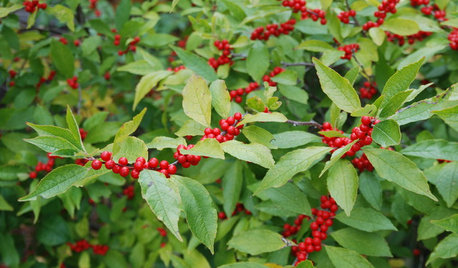
WINTER GARDENINGFire and Ice: 8 Plants That Blaze Once Frost Hits
Not everything in the garden sleeps in the cold — these plants rise and shine in fall and winter, bringing bright color to beat the blahs
Full Story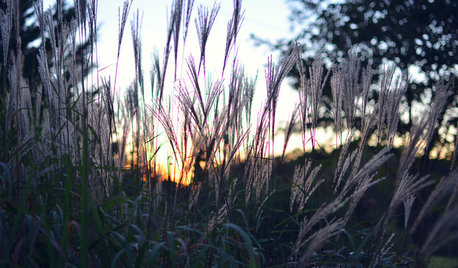
GARDENING GUIDESMid-Atlantic Gardener's November Checklist
Winding down for winter means prepping, potting, piling and picking an indoor solution for daily compost
Full Story0
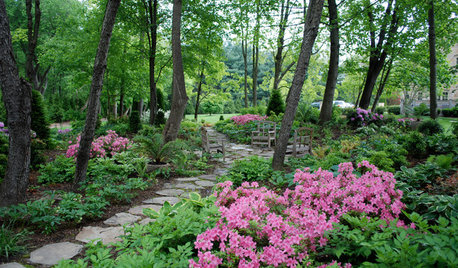
GREEN BUILDINGBuilding Green: How to Design a Healthier Landscape
Plant selection, water management, fire-prevention measures and more can ensure that your landscape is good for the planet and for you
Full Story
SHOP HOUZZShop Houzz: Essential Outdoor Organization
Make the most of your outdoor space this summer with essential solutions for organization and storage
Full Story0

FALL GARDENING5 Ways to Put Fall Leaves to Work in Your Garden
Improve your soil and yard the organic way with a valuable garden booster that grows on trees
Full Story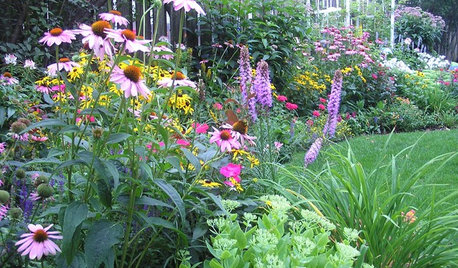
LANDSCAPE DESIGNTry Slow Gardening for Some Unexpected Benefits
Why set your garden on the fast track? Here's how to relax and enjoy it in an entirely new way
Full Story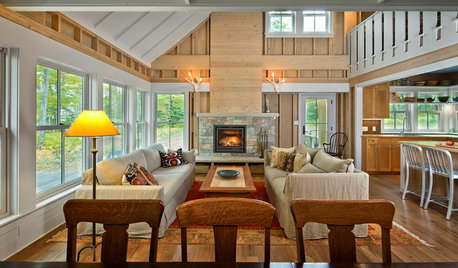
HOUZZ TOURSHouzz Tour: Just Being Modest on Lake Superior
You don’t have to go all-out to have a retreat that’s all good, this Wisconsin vacation home shows
Full Story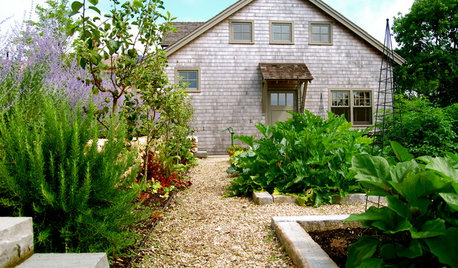
GARDENING GUIDESThe Simple Secret to Gardening Success
Learn the kinds of soil and a DIY type test to make sure you’re putting the right plant in the right place
Full Story


morrighu
Belgianpup
Related Discussions
dangers of composting
Q
Ash (burned fire-wood) for composting?
Q
How to propagate Evans cherry from cuttings
Q
Compost bin too hot?
Q
jbest123
adirondackgardener
kqcrna
alphonse
Kimmsr
decklap
LloydOriginal Author
paulns
decklap
joepyeweed
LloydOriginal Author
paulns
LloydOriginal Author
paulns
wayne_5 zone 6a Central Indiana
LloydOriginal Author
decklap
whip1 Zone 5 NE Ohio
kqcrna
whip1 Zone 5 NE Ohio
LloydOriginal Author
kate6
billie_ladybug
Kimmsr
LloydOriginal Author
whip1 Zone 5 NE Ohio
LloydOriginal Author
whip1 Zone 5 NE Ohio
billie_ladybug
LloydOriginal Author
whip1 Zone 5 NE Ohio
LloydOriginal Author
paulns
dchall_san_antonio
adirondackgardener
lionheart_gw (USDA Zone 5A, Eastern NY)
adirondackgardener
dchall_san_antonio
boulder345
idaho_gardener
shebear
abbale
kentanner11
esobofh
paulns
mark94544
jeannie7
organic_farmer_bob